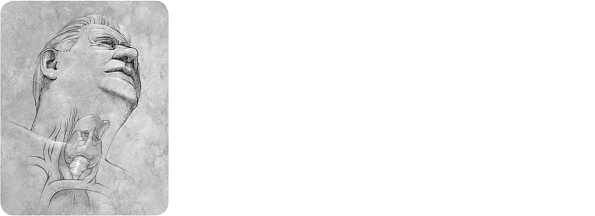MONDAY, DAY 1
WEEK 33
CHILDREN AND ADOLESCENTS
Thyroid
The thyroid, a 2-inch-long, butterfly-shaped organ that sits at the front of the throat, plays one of the most important roles in the body.

The control center of the endocrine system, the thyroid pumps out hormones that help determine how smoothly and quickly the body runs when converting calories to energy, contracting the heart muscle, or recalling a memory, among other things. In other words, the thyroid affects every cell. When the organ generates too few or too many hormones, it can affect all the systems in the body; these problems are called thyroid disorders.
Because there are no telltale symptoms of a thyroid disorder, the vast majority—up to 13 million cases—go undiagnosed. Thyroid disease most frequently presents symptoms at puberty, more in adolescent girls than in boys. Symptoms of hypothyroidism, or an underactive thyroid, include fatigue, weight gain, muscle and joint pain, forgetfulness, and mood swings. This condition is detected with a blood test that measures the amount of thyroid-stimulating hormone in the body. If the results reveal hypothyroidism, a doctor will usually prescribe a thyroid hormone replacement pill.
An overactive thyroid, or hyperthyroidism, leads to anxiety, sudden weight loss, a racing heartbeat, and insomnia. An antithyroid medication that slows the gland’s production of hormones can treat the condition. More serious cases may require a radioactive iodine treatment that destroys the thyroid without harming other parts of the body. People who undergo this procedure must take thyroid hormone replacement pills for the rest of their lives. Not infrequently, symptoms that begin in adolescence will subside spontaneously or after a year of drug therapy.
ADDITIONAL FACTS
- About 5 percent of Americans have hypothyroidism, while 1 percent have hyperthyroidism. Women are much more likely to experience either condition than men are.
- Adults need about 150 milligrams of iodine a day for thyroid hormone production. The mineral is found in fish, seaweed, and iodized salt.
- Because thyroid disorders are so prevalent in women, some doctors recommend that women have their thyroids checked every 3 years beginning at age 35.